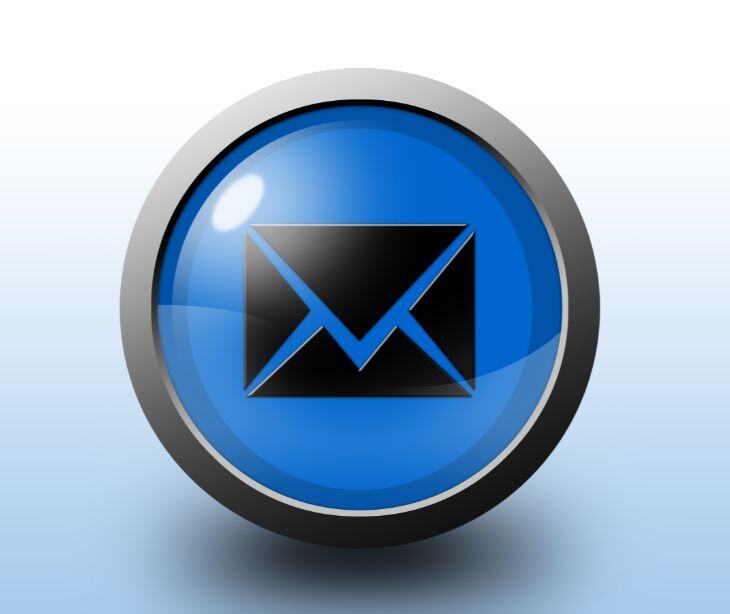2 min read
Implementing peer training programs using HIPAA compliant email
Kirsten Peremore
November 29, 2024

Peer-to-peer programs among healthcare workers are a way for professionals with similar experiences to educate and support one another. It acts as a collaborative way for professionals in the healthcare sector to improve their skills and develop emotional resilience early on in their careers. Through methods of communication like HIPAA compliant email, professionals can cross state lines without abandoning their practices for peer-to-peer support programs.
The function of peer-to-peer training in a healthcare setting
According to an Acta Biomedica study, “Health professionals, especially in the field of hospital and extra-hospital emergency, are exposed to emotionally strong situations which can even result in psychological traumas. These, if not identified and treated accordingly, can limit the cognitive status of the personnel and hence the workplace safety.”
It is therefore expected that peer-to-peer learning is particularly effective in environments where workers are exposed to high levels of stress like emergency rooms and specialized surgery. Peer-to-peer training is a safe place for these workers to share the challenges they face from colleagues who understand their experience.
The benefits of implementing the program stem from the sense of camaraderie and emotional support. For those new to the field, this camaraderie and emotional support can act as a lifeline in workspaces in ways management cannot always understand or provide for.
The characteristics of an effective peer training program
- Shared experiences, stressors, or traumatic situations are shared between junior and senior staff.
- The program should offer skills development and emotional as well as psychological support.
- Effective peer training programs equip peer supporters with specific skills in psychological first aid, active listening, and providing emotional support.
- The creation of an environment of trust.
- Should be well organized with clear guidelines for both peer supporters and those seeking support.
- Peer supporters need continuous supervision and support from mental health professionals.
- Peer training should create a sense of camaraderie amongst all participants (i.e. no one should be singled out or isolated).
- Peer to peer programs should be continuously assessed for effectiveness through improvements in the program.
The function of ensuring there is not an overreliance on staff for workforce support
Peer support programs are designed to offer support for immediate emotional needs but should not be seen as a substitute for structured managerial interventions. Healthcare organizations and their management need to implement systemic measures to tackle the root of stress, trauma, and burnout so commonly faced by healthcare workers.
Heavy reliance on support programs like peer-to-peer support, can cause the idea to take root that management is abdicating their responsibility to address the needs of their staff. When organizations do not take steps to remain proactive in staff support, this idea can lead to the unintentional creation of a “secondary victim” cycle where employees take on the emotional needs of their peers.
Using HIPAA compliant email to implement and support peer-to-peer support programs
- Email can be used to create a communication channel through which peer supporters can be connected to younger or new members of staff.
- Organizations can use email to deliver training materials and resources for peer supporters to assist in the process of support.
- It can be used to establish a reporting process for employees in all areas of the organization to share concerns they feel should be addressed by management.
- Management can send regular emails that promote resources such as counseling, stress management workshops, or employee assistance programs (EAPs).
- To avoid overburdening peer supporters and make sure the program remains a complement, management can send periodic reminders about the scope of the program and when management should be engaged.
FAQs
Does HIPAA apply to employee health programs?
HIPAA does not apply to all employee health information. If the program is not part of a health plan, healthcare provider, or another covered entity under HIPAA it is not subject to HIPAA’s rules.
Should internal communications remain HIPAA compliant?
Yes, internal communications should remain compliant as failing to consistently use HIPAA compliant communication can result in complacency that promotes an accidental breach.
What makes an email HIPAA compliant?
The features of HIPAA compliant email:
- Encryption
- Access controls
- A business associate agreement in place
- Secure storage
- Minimal protected health information exposure
Subscribe to Paubox Weekly
Every Friday we'll bring you the most important news from Paubox. Our aim is to make you smarter, faster.



